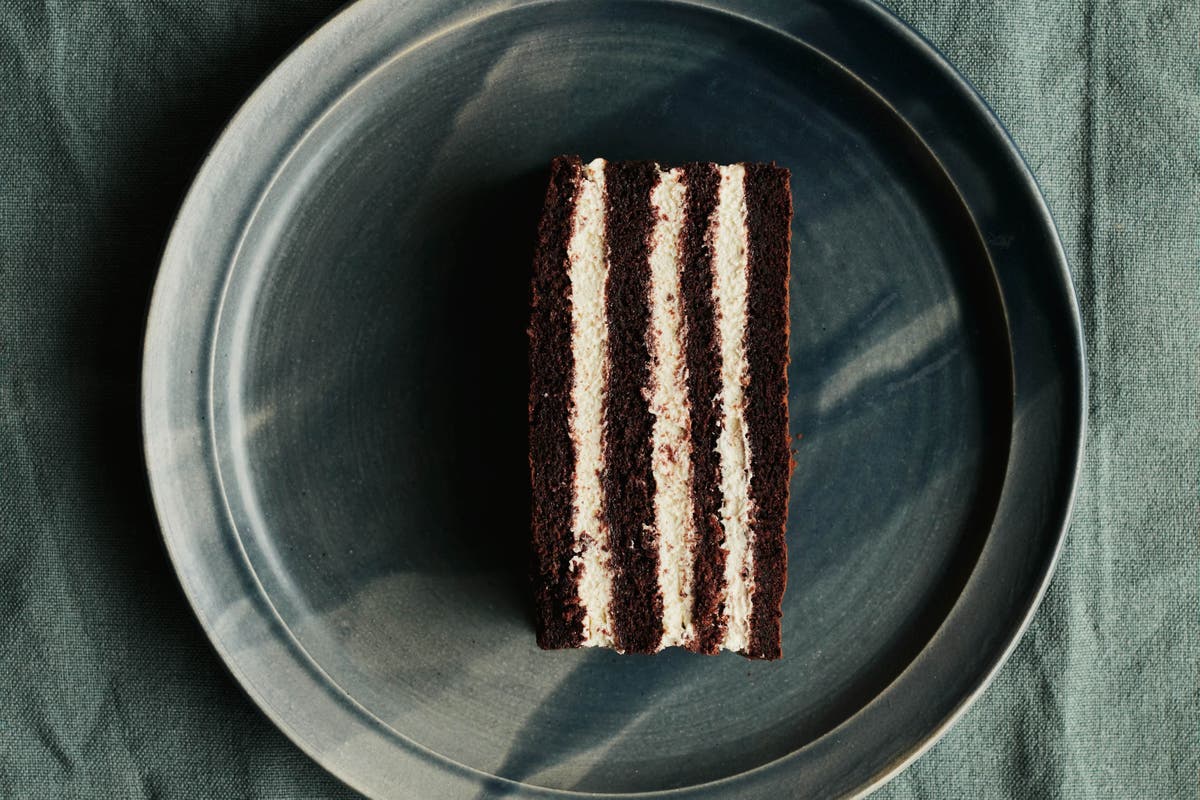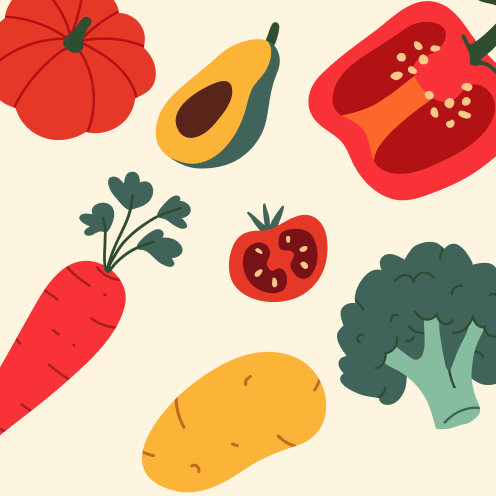
Sign up to IndyEat's free newsletter for weekly recipes, foodie features and cookbook releases
Get our food and drink newsletter for free
Get our food and drink newsletter for free
I would like to be emailed about offers, events and updates from The Independent. Read our privacy policy
There’s nothing merry about food poisoning, and new data suggests too many of us are at risk of it this festive season.
New Food Standards Agency (FSA) research reveals nearly half (46%) of Christmas cooks don’t always check use-by dates before cooking or preparing food at home, and 39% admit they occasionally cook raw meat, such as turkey or sausages, past its use-by date.
This all puts Christmas cooks and their guests – some of whom may be more vulnerable because they’re elderly or pregnant – at risk of food poisoning, which is incredibly common.
The FSA says there are an estimated 2.4 million cases of food poisoning in the UK every year, often caused by campylobacter bacteria, but also by salmonella and E. coli bacteria, and norovirus.
Narriman Looch, head of food hygiene and foodborne disease at the FSA, says: “At Christmas, food safety can be bottom of the list, because we’re so busy preparing and organising, and it can get quite hectic.
“But there are many things you need to look out for to keep food safe.”

Here are some of the food hygiene dangers…
1. Not checking use-by dates
“People can lose sight of things like use-by dates,” warns Looch, who stresses that if food has a use-by date, it’s important to follow the instructions on the packet. “So, for example, if it needs to be eaten within two days after opening, then that’s important to follow.
“Potentially put things in the freezer if they’ll be past their use-by date when you need them, and always check the food date before cooking.”
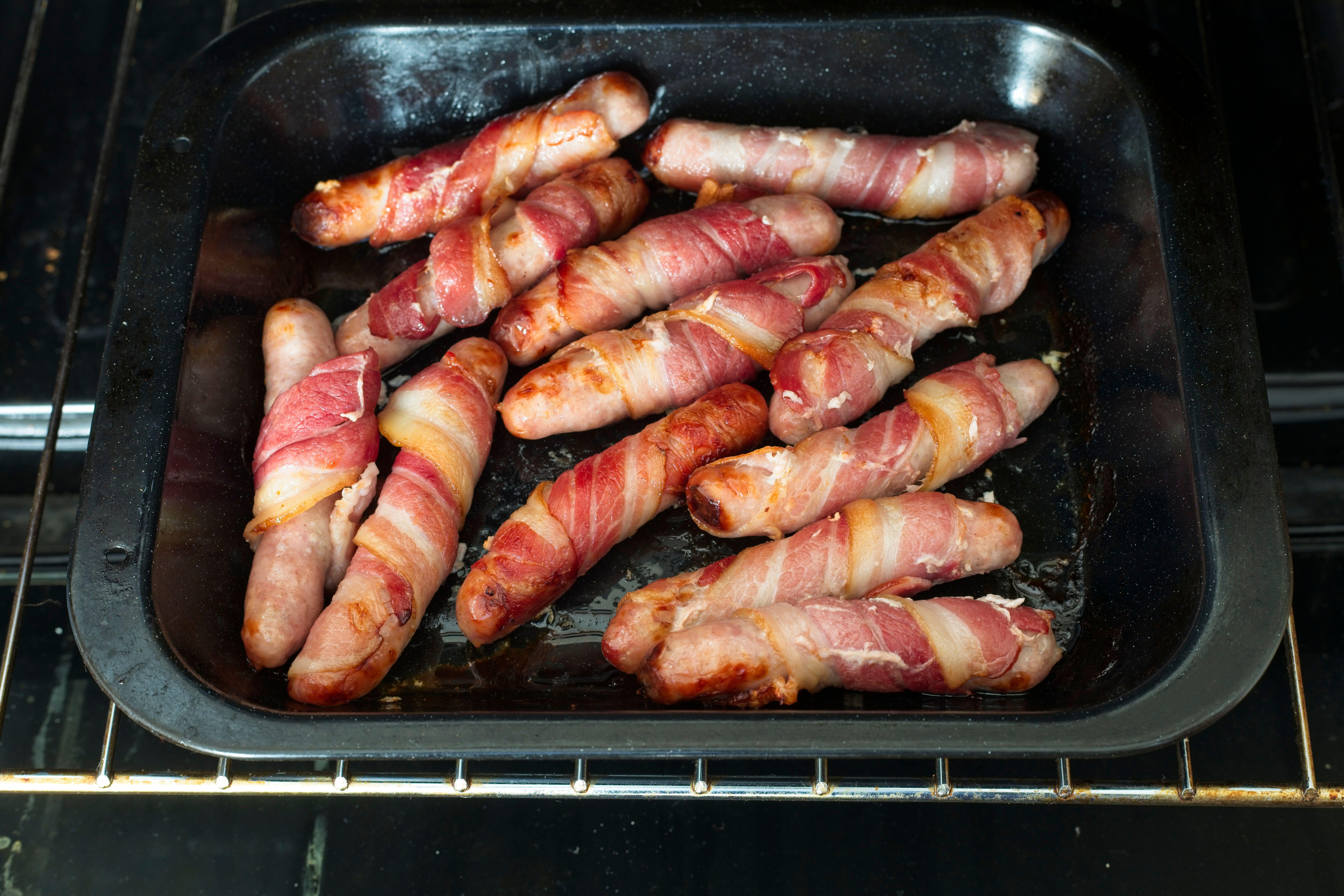
2. Not checking your fridge temperature
The fridge needs to be at five degrees C or below, stresses Looch, who says bugs can potentially grow on some perishable foods, such as deli meat, smoked salmon, and foods produced with unpasteurised milk, if the temperature is higher than five degrees in the fridge.
“It depends on the food type,” she says. “There are some foods that we consider riskier than others, and so it’s very important, particularly for perishable food, to make sure the fridge is at the right temperature.”
3. Putting hot food in the fridge
It’s also important to make sure any food that’s put in the fridge is cool first, as putting hot food in there can lead to bugs growing, warns Looch. She explains: “If you put hot food in the fridge, or food that hasn’t been cooled down enough, then it can raise the temperature in the fridge. That’s another issue that people have at times when they’re in a rush, like they may be at Christmas.”
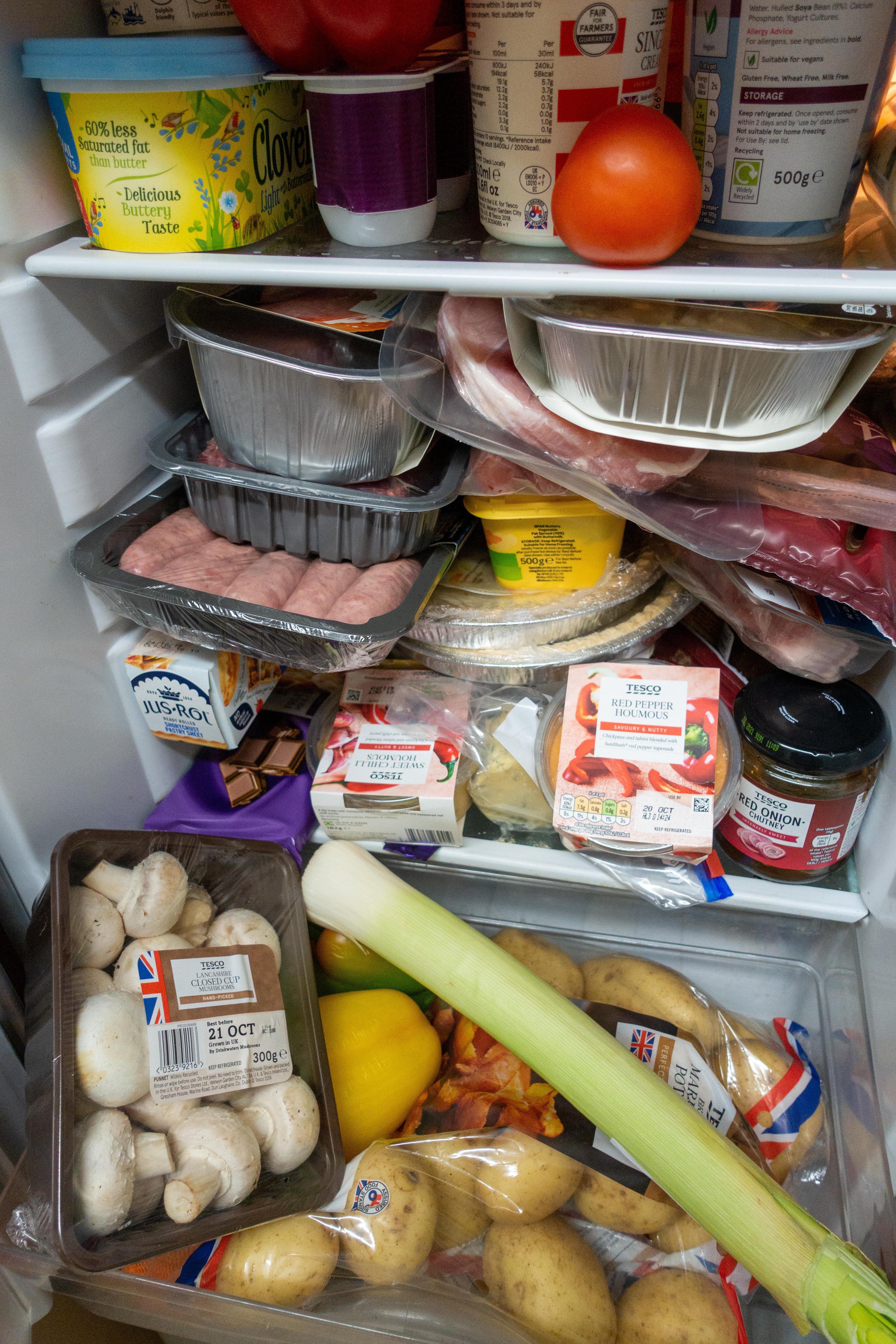
4. A packed fridge may cause problem
More than a quarter (27%) of people surveyed said they’d be likely to store food that should be refrigerated in another cool place like a garage due to a lack of space in the fridge. Looch says this can cause food hygiene problems with certain foods, and suggests its better to do things like take soft drinks out of the fridge so there’s more room for perishable foods.
5. Playing ‘buffet roulette’
The FSA says 45% of cooks they surveyed admit they play ‘buffet roulette’ by leaving food from the fridge out after it’s served, for example at a buffet, and eat it a few hours later.
Looch says: “With food left outside the fridge at room temperature, bacteria can grow rapidly, so we have a four-hour rule – essentially, we should refrigerate food within four hours, although obviously it depends on what type of food it is. If it was a picnic and it was warmer, then it would be the two-hour rule. But at this time of year, four hours at room temperature would be the max.”
6. Not washing hands before preparing food
With all the chaos of Christmas, it’s easy to forget something as simple as washing your hands before preparing food. But it’s a risk not worth taking, insists Looch, who points out that a third of cooks surveyed said they didn’t always wash their hands before cooking or preparing food at home.
“It’s really important to wash hands when you prepare food, for all sorts of reasons,” she says. These include cross-contamination, so if you’ve got pathogens on your hands from the raw turkey, for example, if you don’t wash hands you could transfer the bugs on to other food, she explains.
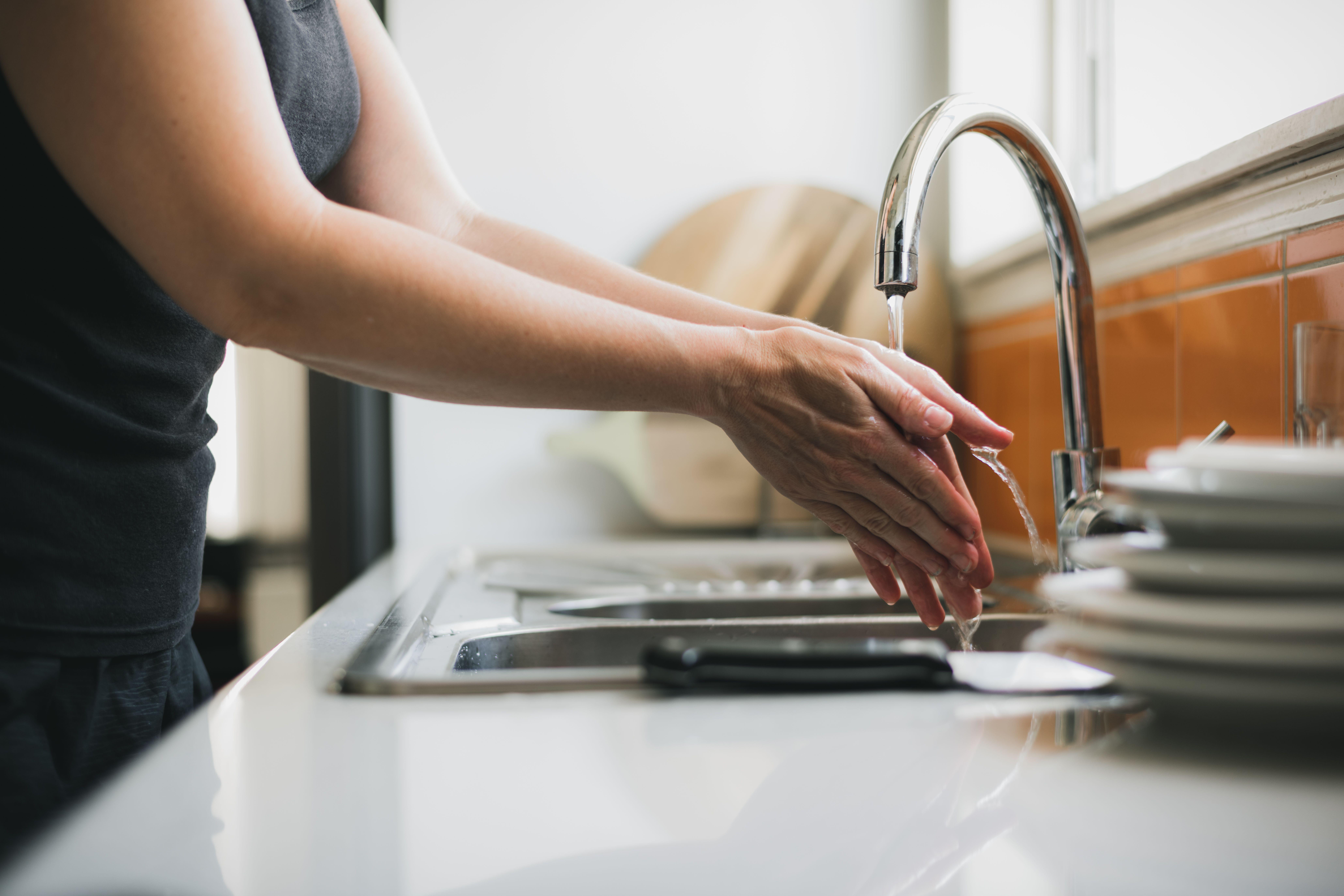
7. Passing on allergens to allergic guests
If you don’t wash your hands before touching food, you could pass on allergens from foods like nuts, etc. “It’s really important to wash your hands when it comes to allergens,” stresses Looch, who says her own children are allergic to nuts, so she washes her hands very regularly when preparing food, separates the foods they can and can’t consume, and washes utensils and blenders thoroughly.
8. Not cleaning surfaces well
Bugs from certain foods may linger on surfaces, so Looch stresses it’s vital to thoroughly clean all work surfaces, chopping boards and utensils, and particularly anything raw poultry has been in contact with.
9. Not defrosting the turkey properly
If your turkey isn’t defrosted thoroughly – which may take several days with a large bird – there’s a risk of it not being cooked properly and harbouring bugs.
“It’s a common mistake that people may get their turkey out of the freezer too late, and so it’s really important to know when you need to be taking your turkey out of the freezer,” says Looch.
10. Not cooking stuffing separately
Looch says it’s important to cook stuffing in a separate roasting tin, explaining: “Turkey will take longer to cook with the stuffing inside it, and may not cook thoroughly if it’s not reached the correct temperature throughout. That’s one of the reasons it’s important to cook the stuffing and the turkey separately.”
11. Undercooked turkey
With a large bird in particular it can be hard to tell if it’s cooked all the way through, and Looch says: “Check none of the meat is pink and that any juices run clear. That’s a good indication that the thickest part of the meat has been cooked properly.”
12. Risky pigs-in-blankets
It’s also important not to forget pigs-in-blankets are cooked thoroughly, warns Looch. “If they need defrosting, then defrost them in the fridge in good time, and make sure they’re cooked thoroughly,” she says. “And also if they’re left out for a party buffet, make sure they’re chilled within four hours.”
13. Relying on the sniff test
Even with sweet foods like trifles, for example, you won’t necessarily be able to tell if ingredients like cream are off just by the way it smells, says Looch.
“Foods like trifles, for example, with fresh cream, could pose an issue,” she explains. “It’s not always obvious when something has gone off – this is a bit of a misconception. You can’t always smell bugs, so the sniff test doesn’t always work, and it’s really important to pay attention to the instructions for use and the use-by date.”
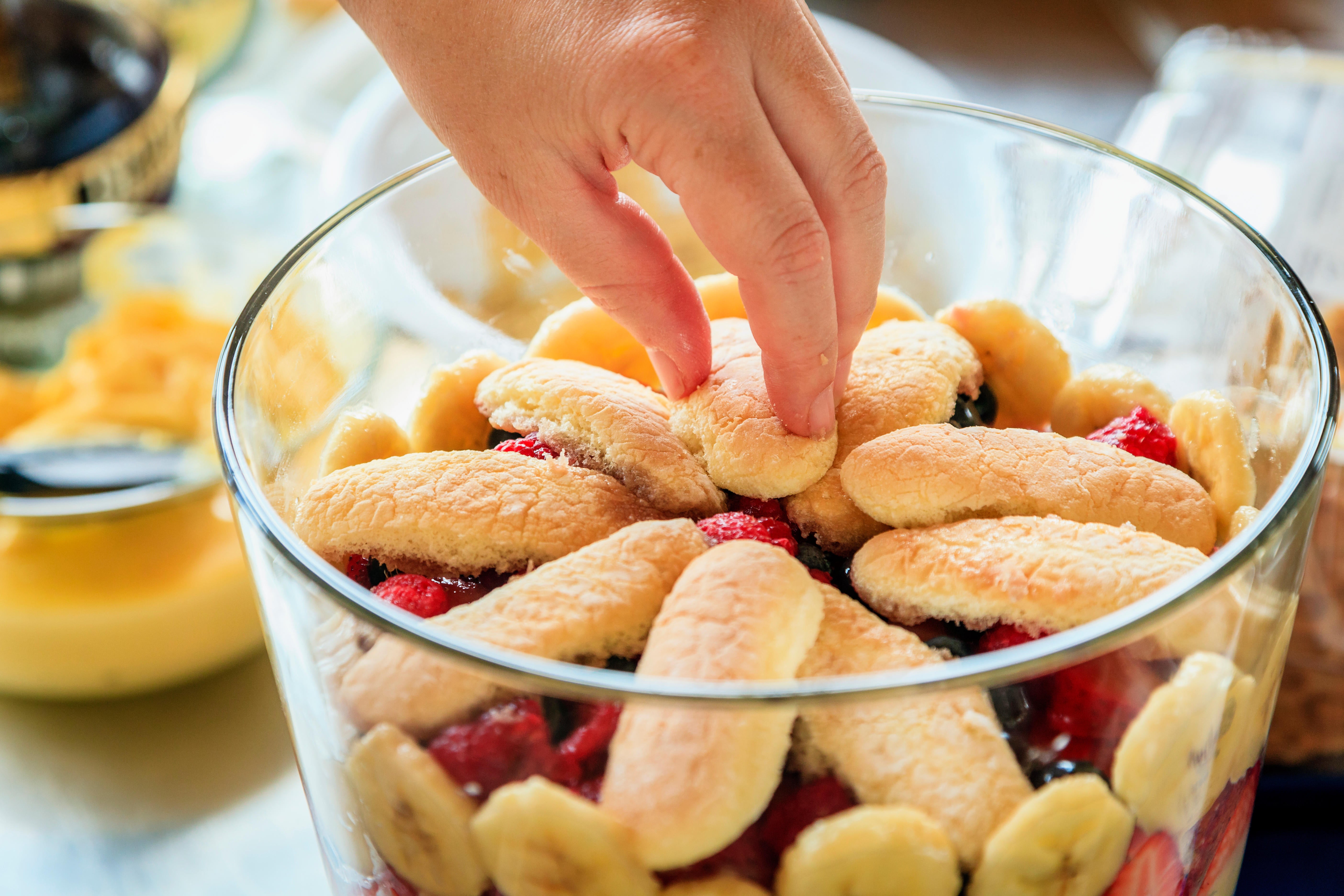
14. Forgetting to wash salad
If salad on a Christmas party buffet isn’t pre-washed, there’s a chance it could be contaminated, so Looch advises: “If salad’s contaminated then potentially you could be made unwell, so it’s really important to make sure you follow instructions on packaging, and wash it thoroughly if required.
“That’s something that can be done ahead of time, which would save time in a busy kitchen on Christmas Day.”

 By The Independent (Lifestyle) | Created at 2024-12-18 23:45:02 | Updated at 2024-12-25 12:54:22
6 days ago
By The Independent (Lifestyle) | Created at 2024-12-18 23:45:02 | Updated at 2024-12-25 12:54:22
6 days ago

